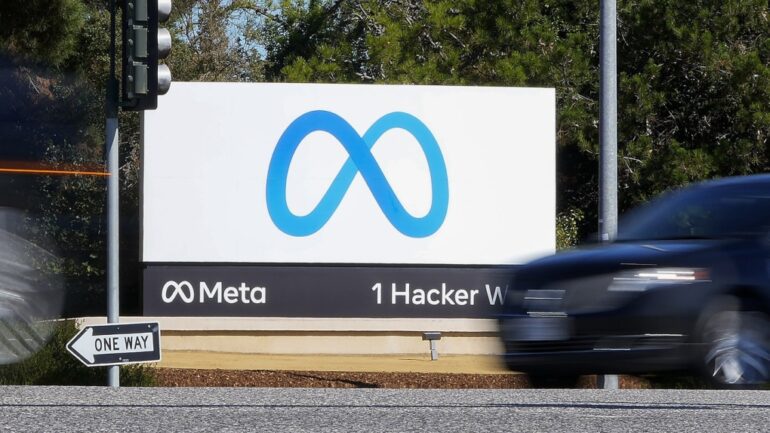TL;DR:
- Meta plans to release a commercial version of its AI model to expand its usage and compete with OpenAI and Google.
- The new commercial version will offer customization options for companies, aiming to diminish OpenAI’s current dominance.
- Startups and businesses will be able to build custom software and applications on top of Meta’s underlying AI technology.
- Meta’s AI models are currently free and open-source, but the company has been exploring a paid version for enterprise customers.
- The release of the commercial version is expected soon, and Meta has made its LLM models open-source, distinguishing itself from OpenAI.
- Meta’s move aims to catch up with the AI hype cycle and position itself as a charitable company giving back to the community.
- Meta faces a copyright infringement lawsuit, similar to OpenAI’s data theft lawsuit.
Main AI News:
Meta, formerly known as Facebook, is set to disrupt the artificial intelligence (AI) landscape by launching a commercial version of its AI model, aiming to expand its reach across various industries. This strategic move, detailed in a Financial Times report, signifies Meta’s ambition to compete with OpenAI, backed by Microsoft and industry titan Google.
Insiders familiar with Meta’s plans revealed that while the company introduced its own large language model (LLM) called LLaMa earlier this year, the forthcoming commercial edition will offer greater accessibility and customization options for businesses. This new development aligns with Meta’s strategy to position itself as a formidable contender in the AI space.
A high-ranking source, well-versed in Meta’s high-level strategy, shared, “The goal is to diminish the current dominance of OpenAI.” By leveraging the commercial version of LLaMa, startups and enterprises will gain the ability to construct tailored software and applications based on Meta’s underlying AI technology.
Presently, Meta’s AI models are freely available and open-source. However, the Financial Times obtained insights from two sources indicating that Meta has been exploring the possibility of a paid version for enterprise customers, though it will not be part of the imminent release.
According to the FT source, the commercial version of Meta’s AI model is expected to hit the market imminently. Additionally, Meta has made its LLM models open-source, a distinctive approach that contrasts with OpenAI’s practice of keeping its code proprietary to third parties.
Elaborating on Meta’s motivation behind these developments, the FT source explained, “Meta realized they were behind on the current AI hype cycle, and this gives them a way to open up the ecosystem and seem like they are doing the right thing, being charitable and giving back to the community.”
While Meta gears up to revolutionize the AI landscape, it faces legal challenges on another front. Author Sarah Silverman and two other authors have filed a class-action lawsuit against Meta, representing a group of copyright owners throughout the United States. The lawsuit accuses Meta of copyright infringement during the training of its AI systems. Similarly, OpenAI is also grappling with a class-action lawsuit alleging data theft in the training of its models.
Conclusion:
Meta’s introduction of commercial AI tools poses a significant challenge to the market leaders, Google and OpenAI. The customization options and accessibility offered by Meta’s commercial version will attract startups and businesses seeking tailored AI solutions. By making its models open-source, Meta differentiates itself from its competitors and demonstrates a commitment to transparency and community engagement. However, the ongoing legal battles in the AI sector add a layer of uncertainty to the market dynamics, requiring careful monitoring of the outcomes.

